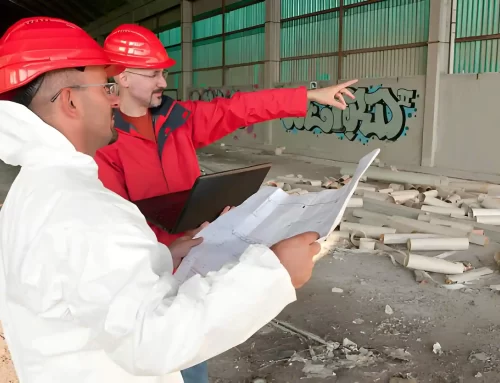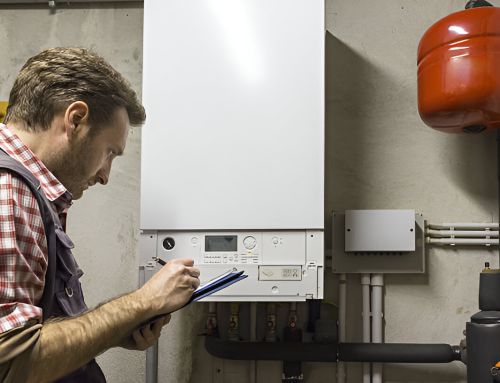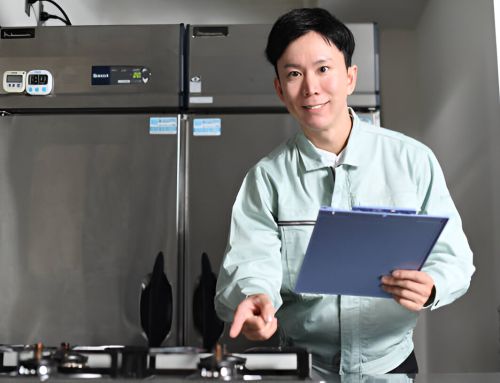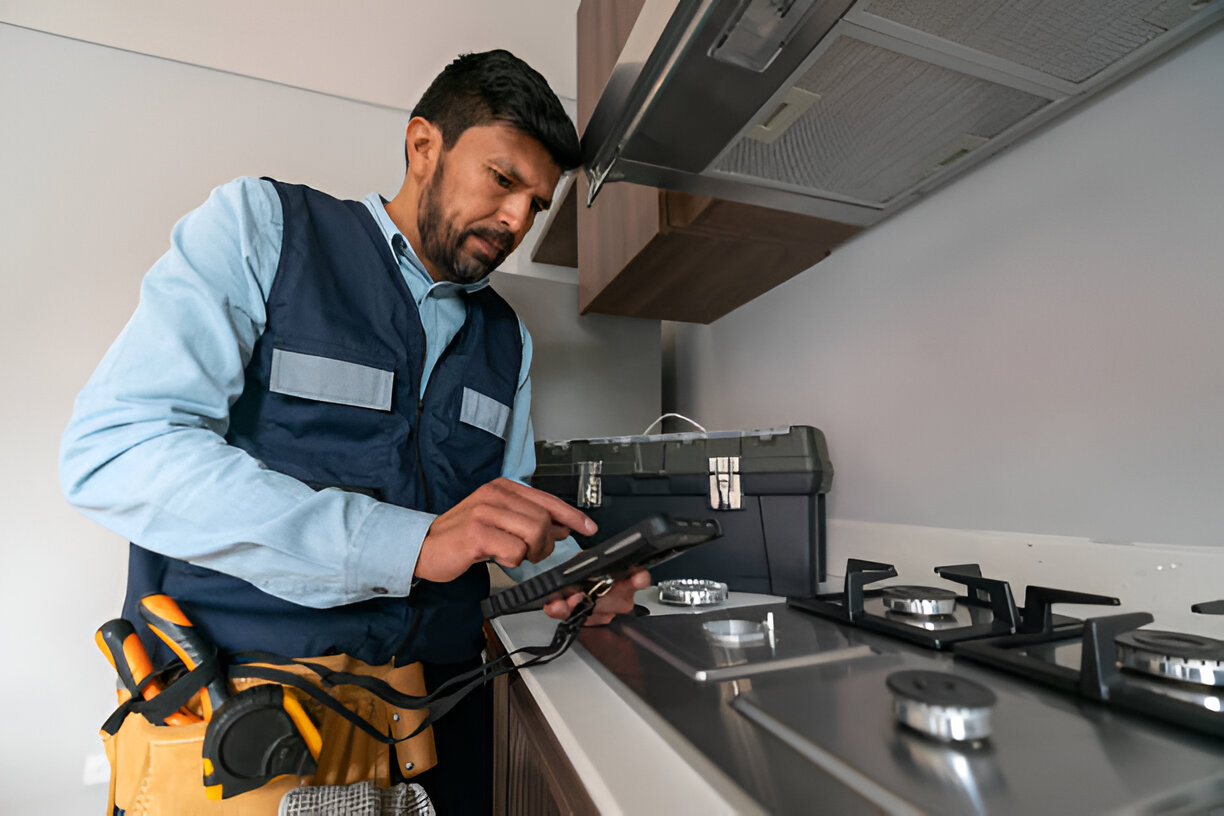
In the realm of rental property management, understanding the nuances between a CP12 and a Landlord’s Gas Safety Certificate is crucial for ensuring compliance with legal safety standards. While both terms often lead to confusion due to their interchangeable use in the industry, each carries its historical context and implications for landlords and property managers. The evolution from CP12 to the more commonly recognized Landlord’s Gas Safety Certificate reflects shifts in regulatory focus and professional practice. Landlords can better navigate their legal responsibilities and contribute to tenant safety by exploring the distinctions and similarities between these certifications. Why does this terminology shift matter, and what does it signify for the parties involved? Let’s understand CP12 Vs Landlord Gas Safety Certificate: What’s the Difference?
Introduction to Gas Safety for Landlords
Ensuring gas safety is a fundamental responsibility for landlords, mandated by law to protect tenants from potential hazards. Landlords must understand the regulatory frameworks that govern residential gas safety to ensure compliance and maintain safe living conditions. This includes regular inspections, maintenance, and immediate repairs of gas installations and appliances.

Landlords must adhere to stringent safety standards set by national safety regulations, which delineate the responsibilities of property owners in preventing gas-related incidents. These regulations require a proactive approach, involving certified professionals to inspect and maintain gas pipelines, boilers, heaters, and other related appliances.
These checks must be thorough and documented meticulously to provide a clear audit trail for compliance purposes.
Failure to comply with gas safety regulations can lead to severe legal repercussions, including penalties and potential cessation of property rental operations. Therefore, it is in the interest of landlords to not only comply with these legal obligations but to exceed them where possible to ensure the utmost safety of their tenants.
Mastery of these regulatory details and proactive safety management can significantly mitigate risks and enhance tenant trust and satisfaction.
What is a CP12 Certificate?
Understanding the CP12 Certificate is crucial for landlords as it represents a mandatory inspection document affirming the safety of gas appliances within a rented property. This certificate, also known as the Gas Safety Record, is issued after a comprehensive check of all gas installations and appliances by a Gas Safe registered engineer. The inspection ensures compliance with safety standards and is a legal requirement in the UK for any rented property with gas appliances.
The CP12 inspection focuses on several key areas to ascertain the operational integrity and safety of gas systems. Below is a detailed table highlighting the primary elements inspected, the standards applied, and the frequency of these inspections:
| Element Inspected | Standards Applied | Inspection Frequency |
|---|---|---|
| Gas appliances | BS EN 30-1-1:2008+A3:2013 | Annually |
| Gas pipework | IGEM/UP/2 Edition 3 | Annually |
| Safety devices | BS EN 125:2010 | Annually |
| Ventilation passages | BS 5440-2:2009 | Annually |
| Flue flow | BS 5871-3:2005 | Annually |
These stringent inspections are essential not only for compliance but for the safety and well-being of tenants. Landlords must retain the certificate for at least two years and provide a copy to the tenants within 28 days of the inspection. Failure to comply with these regulations can lead to significant legal consequences, emphasizing the CP12’s critical role in residential gas safety.
What is a Landlord’s Gas Safety Certificate?
The Landlord’s Gas Safety Certificate, often referred to as the CP12, is an official record that demonstrates that gas appliances in a rented property have been checked by a qualified Gas Safe registered engineer to ensure they are safe to use.
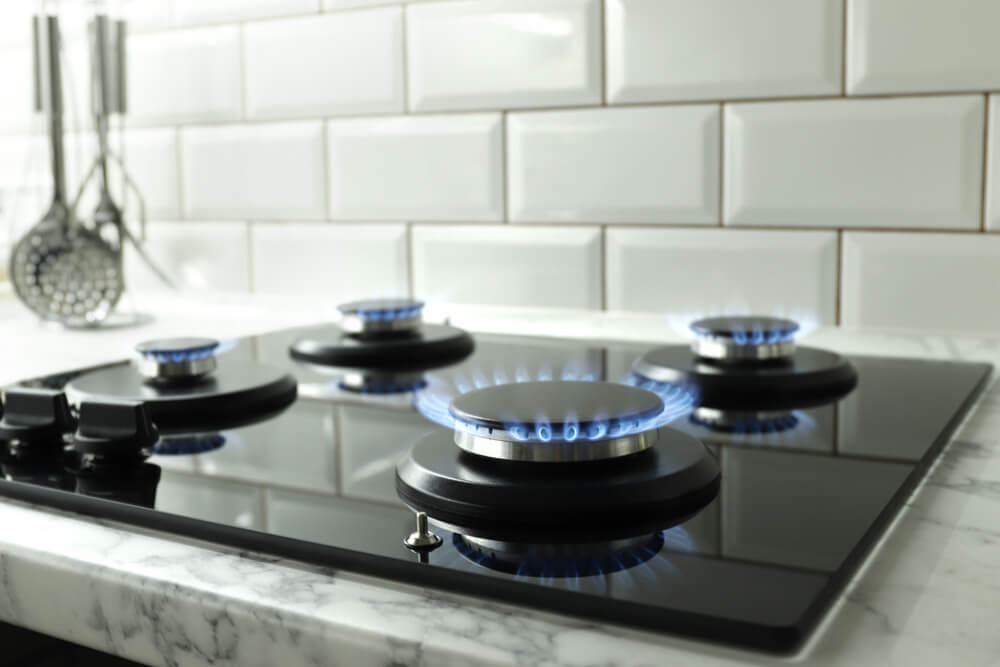
This certificate is a mandatory document under UK law, specifically regulated by the Gas Safety (Installation and Use) Regulations 1998. Landlords are legally obligated to obtain a new certificate every 12 months and provide a copy to their tenants within 28 days of the inspection.
The inspection process involves a thorough assessment of all gas appliances, pipework, and flues to confirm their operational integrity and safety. The engineer evaluates the safety of the gas supply, checks for adequate ventilation, and ensures that safety devices are functioning correctly.
Any detected faults must be promptly rectified to comply with statutory requirements.
Failure to comply with these regulations can result in substantial penalties, including fines and imprisonment. Additionally, non-compliance may invalidate property insurance and expose landlords to significant legal liabilities in the event of a gas-related incident.
Given these implications, adherence to the certification process is crucial for maintaining safety standards and legal protection in rental arrangements.
CP12 vs. Landlord’s Gas Safety Certificate: Are They the Same?
Despite common misconceptions, the terms CP12 and Landlord’s Gas Safety Certificate refer to the same document. Historically, CP12 was the code used by British Gas to denote the standard form needed for gas safety checks, which stood for “CORGI Proforma 12.”
CORGI, the Council for Registered Gas Installers, was the original regulatory body for gas safety in the United Kingdom until 2009. When the Gas Safe Register took over as the regulatory entity, the official terminology evolved to ‘Landlord’s Gas Safety Certificate,’ yet the term CP12 continues to be used interchangeably by many landlords and professionals in the industry.
This certificate is a mandatory document that must be renewed annually to comply with the Gas Safety (Installation and Use) Regulations 1998. It confirms that all gas appliances, pipework, and flues in a rented property have been checked by a qualified Gas Safe registered engineer and are found to be safe.
The document must detail the specific checks carried out and any safety issues identified. Landlords must understand that regardless of the term used, the legal requirements and the purpose of the document remain unchanged.
Why the Terminology Matters
Terminological precision in regulatory documents like the CP12 or Landlord’s Gas Safety Certificate plays a critical role in ensuring compliance and understanding among landlords and gas safety professionals. The terminology used must delineate the responsibilities, legal obligations, and safety protocols to avoid ambiguity and ensure robust adherence to gas safety regulations.
This precision ensures that each stakeholder understands the extent of their duties and the necessary steps for compliance, promoting a safer rental environment.
Using the specific term ‘CP12’, which refers to the certificate generated after an inspection confirming that gas appliances meet legal safety standards, highlights its role as a compliance document. Conversely, the term ‘Landlord’s Gas Safety Certificate’ is broader, potentially encompassing additional details such as the identity of the gas safety engineer and a record of all checks performed.
The distinction might seem subtle, but it underscores the depth of inspection and forms a basis for legal documentation and tenant negotiations.
Landlords, tenants, and professionals must recognize these differences to ensure that the correct procedures are followed, documentation is accurately maintained, and legal standards are met.
Ultimately, the precision of terminology affects the effectiveness of the gas safety measures implemented, safeguarding both property and human life.
How to Obtain a CP12 or Landlord’s Gas Safety Certificate
Obtaining a CP12 or Landlord’s Gas Safety Certificate requires landlords to arrange for a qualified gas safety engineer to inspect all gas appliances and installations within their rental properties annually. This inspection is a legal requirement under the Gas Safety (Installation and Use) Regulations 1998 to ensure the safety and functionality of gas systems and prevent hazardous incidents.
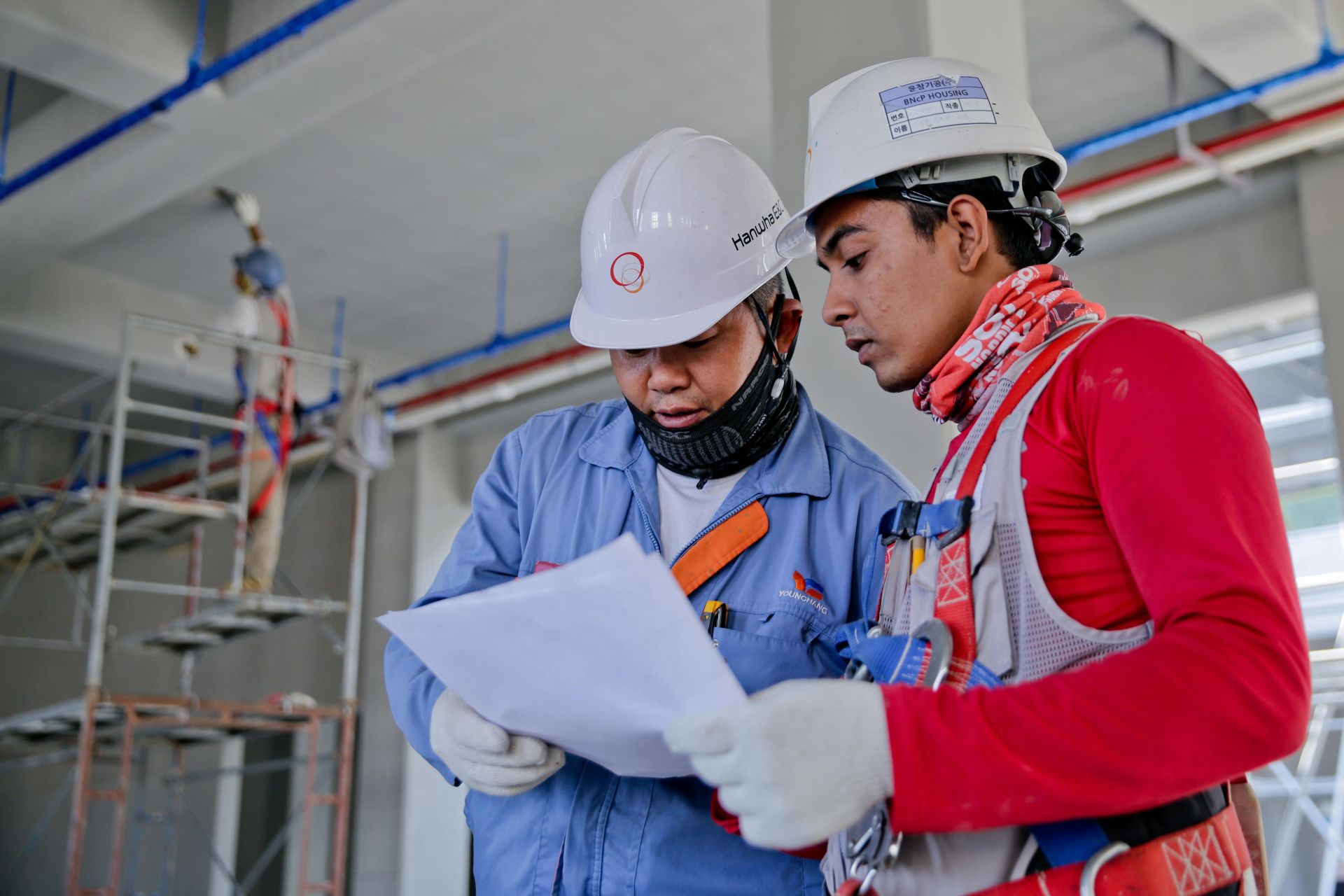
The process begins by selecting a Gas Safe registered engineer, the only group authorized to conduct these inspections. Landlords can find a certified engineer through the Gas Safe Register website, which lists professionals by location and their areas of expertise.
The engineer must hold specific qualifications for the types of appliances and installations present on the property, such as boilers, cookers, and gas fires.
During the inspection, the engineer will assess the safety of each appliance and its installation, checking for gas tightness, burner pressure, ventilation provisions, and the correct operation of safety devices.
They will also review the condition of the flues and chimneys to ensure there are no blockages or leaks.
Upon completion, the engineer will issue the CP12 certificate, documenting any defects found and recommendations for repairs or adjustments.
It is the landlord’s responsibility to ensure these issues are addressed promptly to maintain compliance and safety standards.
Conclusion: Ensuring Compliance for Tenant Safety
Ensuring compliance with the Gas Safety (Installation and Use) Regulations 1998 is imperative for landlords to guarantee tenant safety and avoid legal ramifications. This regulatory framework mandates the acquisition of either a CP12 or a Landlord’s Gas Safety Certificate, ensuring that all gas appliances and flues are safely installed and maintained within residential properties.
Landlords must engage a Gas Safe registered engineer to conduct these critical inspections annually. The thorough assessment includes checking the tightness of all gas connections, examining the effectiveness of flue flows, and verifying the safe operation of all gas appliances.
Upon satisfactory inspection, the issuance of the CP12 or the Landlord’s Gas Safety Certificate validates compliance, serving as a legal document that must be provided to tenants within 28 days of the inspection or immediately to new tenants.
Failure to comply not only poses severe safety risks but also exposes landlords to legal action, including fines and potential prosecution.
To ensure adherence, landlords should maintain precise records of all gas safety checks and certifications for at least two years and systematically ensure timely renewals. This proactive approach is crucial in upholding safety standards and legal compliance, ultimately safeguarding both tenant welfare and landlord liability.
Conclusion
In conclusion, both the CP12 and the Landlord’s Gas Safety Certificate serve critical roles in ensuring the safety of gas installations within rental properties. Compliance with the Gas Safety (Installation and Use) Regulations 1998 is mandatory, necessitating annual inspections by certified gas-safe engineers. Landlords must understand the importance of these certificates to uphold safety standards, prevent legal repercussions, and safeguard tenant well-being. Awareness and adherence to these regulations are imperative for maintaining safe living conditions.
Our Pricing
| Our Gas Safety Certificate Prices |
|---|
| Gas Safety Certificate 1 Appliance £45 |
| Gas Safety Certificate 2 Appliance £55 |
| Gas Safety Certificate 3 Appliance £65 |
| Gas Safety Certificate & Boiler Service £74.99 |
Check Out Our Other Services
About the Author: LandlordCertificate
Related Posts
Get Social
Recent Posts
- Asbestos Management Survey London: Update Your Property Records
- Gas Safety Certificate London: Why Regular Checks Save Money Long-Term
- FRA London Explained: How a Professional Fire Risk Assessment Keeps You Compliant and Safe
- When a New Tenancy Requires Your EICR Certificate London Renewal
- Fire Safety Certificate London: Integrating Fire Alarms and Emergency Lighting


